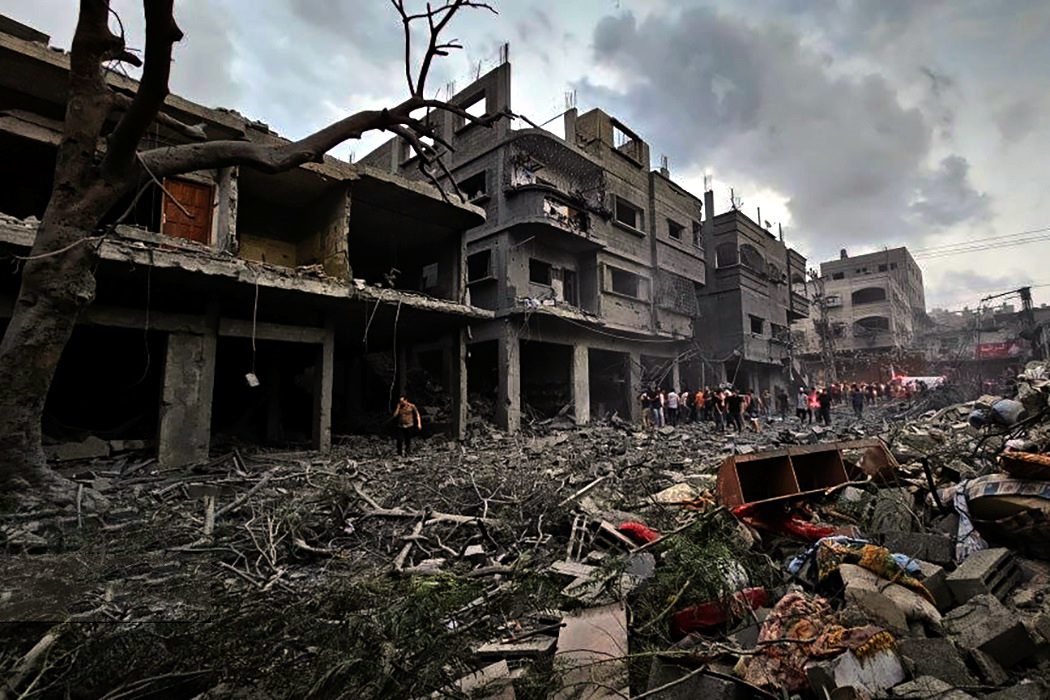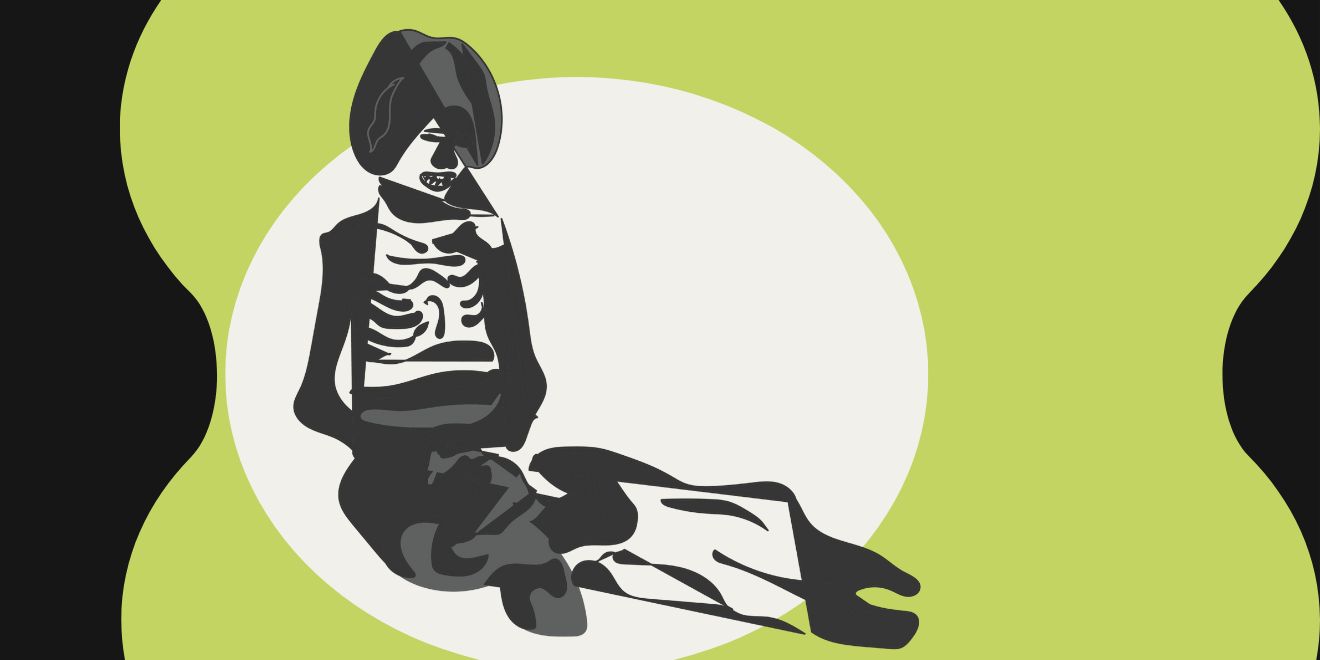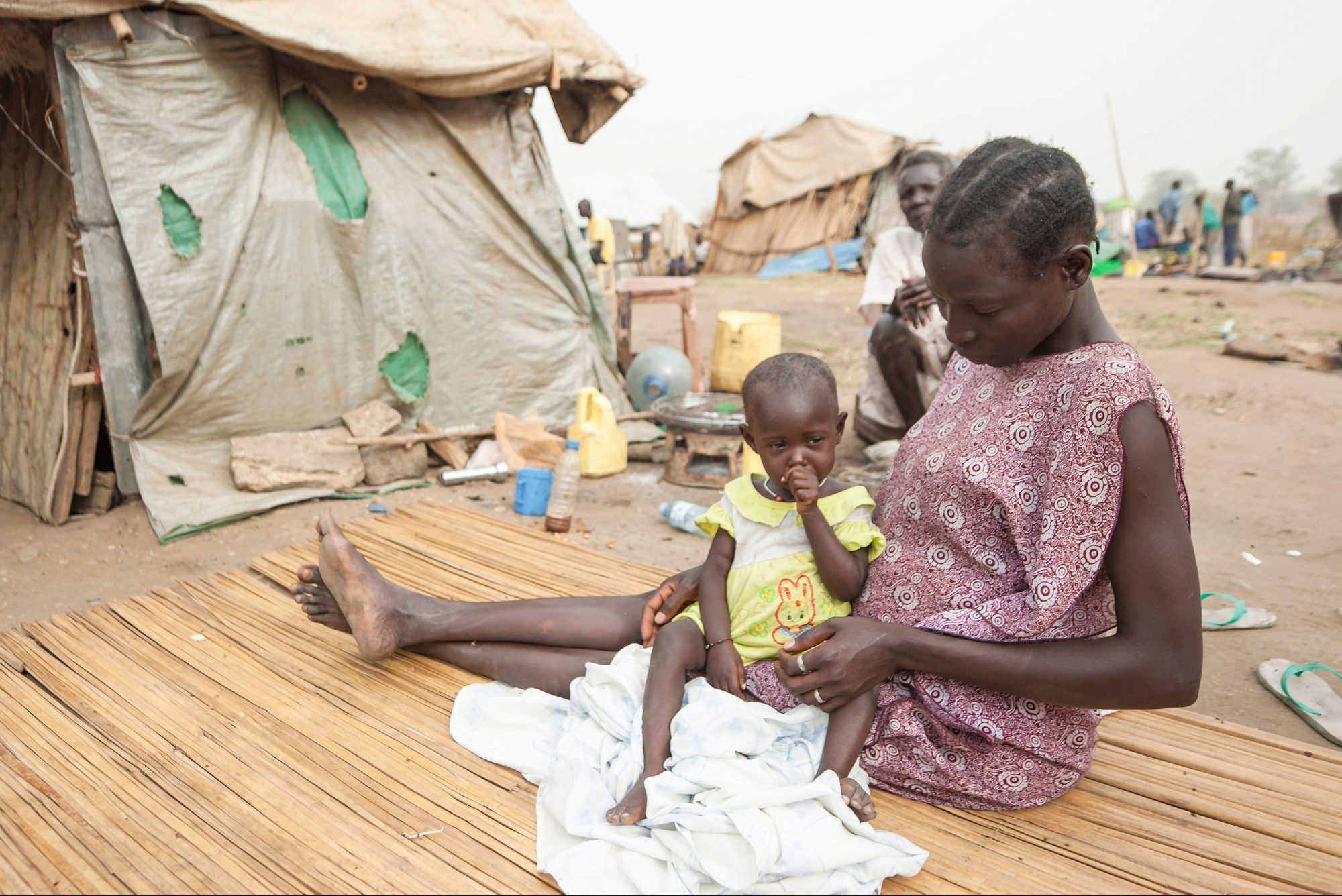Famines are man-made. So it’s not surprising that the men who make them want to be the ones to decide where and when to declare famine or deny it.
The dilemmas and tensions around the definition and use of ‘Famine’ was the focus of the presentation I made at the Médecins Sans Frontières ‘Scientific Day’ conference last month.
In the case of Gaza today, there is confusion over the discrepancy between the USAID FEWS NET view that famine is possibly occurring today, and the view of the Famine Review Committee of the Integrated food security Phase Classification (IPC) that there is insufficient data to make a determination.
But let’s not fetishize the word ‘famine’. And let us not fall into the trap of making the confusion into the story. The story is that Gazans are starving and that far too little is being done to stop that. That’s the main point made by both FEWS NET and the IPC Famine Review Committee.
The IPC is the authoritative international mechanism for measuring food emergencies and determining famine. Its metrics and thresholds were adopted some twenty years ago, moving beyond an era in which ‘famine’ was decided by rule of thumb, or by whoever could shout the loudest or show the most graphic pictures.
The IPC is important. We don’t want to return to that old era. There are justifiable critiques of the IPC but its role must be seen in context.
The IPC definition of famine is precise, extreme, and narrow. It’s based on metrics for food crisis, malnutrition and mortality. It requires very high thresholds of hardship and death to be breached. And it focuses on those measurable qualities, not on the wider social experience of destitution and social collapse, which is no less important. That creates a tension between technicians, who want to use their tools and frameworks in a consistent manner across diverse contexts, and people subjected to starvation, who want the totality of their suffering understood, and responded to.
The experience of mass starvation is so terrible, so traumatic, that the people going through it demand the strongest possible word for it—‘famine’. We shouldn’t deny them the right to own their own suffering.
My core argument in the presentation I made at the Médecins Sans Frontières ‘Scientific Day’ conference is that this is not an either/or. We need both the rigorous, consistent application of the IPC protocols, and also awareness of famine as a social trauma and a political crime.
The fact that famine criminals want to shut down or discredit the IPC is reason for us to rush to its defense.
In the case of Gaza, Israel disputed the earlier IPC report that famine was imminent. Israel produced no data on mortality or malnutrition and no analysis of the challenges facing the poor and desperate in getting access to food, water, sanitation or medical care. It had a different count for the number of trucks entering Gaza. Its main point was that the IPC did not have comprehensive and reliable data and that some datapoints were figures from the Gaza authorities, run by Hamas, which it deemed ‘highly unreliable.’
If Israel were truly interested in an accurate picture of the humanitarian emergency in Gaza it would enable humanitarian actors to collect good data, as well as journalists to report from the ground. Denial of access creates space for obfuscation and impedes humanitarian response.
Last week’s FEWS NET report was headlined, ‘Amid uncertainty, it is possible that Famine is ongoing in Gaza.’ It stresses that the job of a famine early warning system is to advise policymakers in advance, not wait until definitive data can be collected. Its major conclusion is, ‘Above all else, FEWS NET stresses that regardless of whether or not the Famine (IPC Phase 5) thresholds have been definitively reached or exceeded, people are dying of hunger-related causes across Gaza.’
The IPC Famine Review Committee stressed that the absence of data was what drove its conclusion that it could not determine the occurrence of Famine one way or the other. Its main point is:
First, all stakeholders who use the IPC for high-level decision-making must understand that whether a Famine classification is confirmed does not in any manner change the fact that extreme human suffering is without a doubt currently ongoing in the Gaza Strip and does not in any manner change the immediate humanitarian imperative to address this civilian suffering … All actors should not wait until a Famine classification for the current period is made to act accordingly.
This is the first main message from FEWS NET and the IPC FRC.
The second message is that neither mechanism has a way of handling the uncertainties that arise when governments suppress information. Humanitarian data is not currently defined as an ‘object indispensable for survival’ for an at-risk population, the denial of which would constitute a war crime. Perhaps it should be. Either way, censoring essential humanitarian data is a heinous act.
Notwithstanding their limitations, the IPC and FEWS NET do a good job of alerting us to the scale and trajectories of major food crises.
The problem is not the warnings. The problem lies with those who don’t want to hear them.



